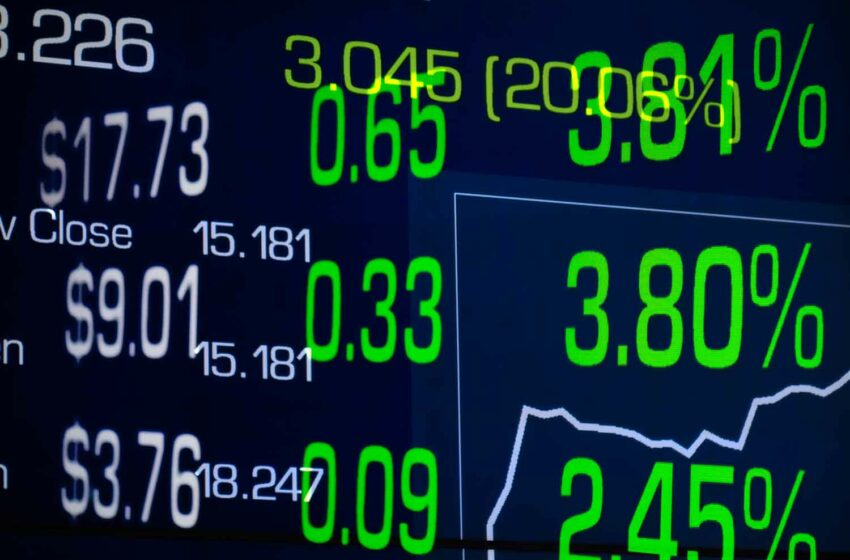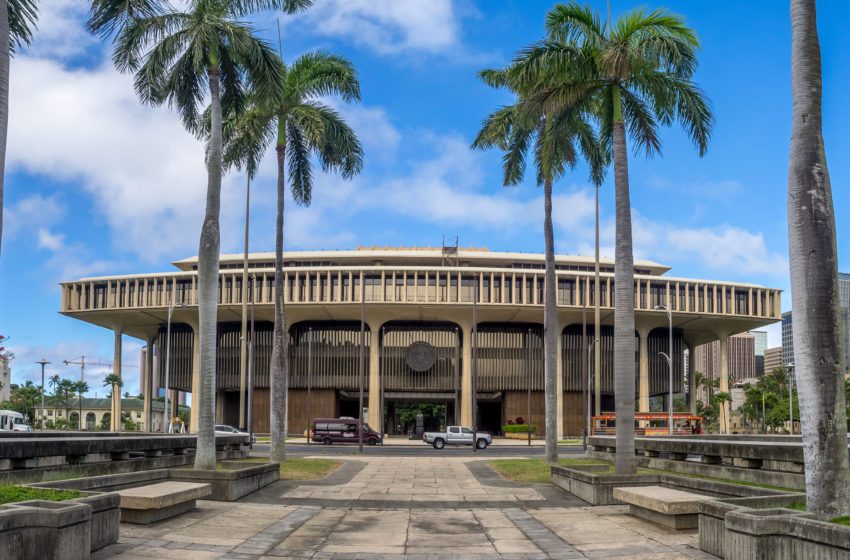
Zimbabwe’s tobacco farmers were optimistic about the upcoming marketing season as the markets opened April 7, according to a report in The Chronicle.
The marketing season, which traditionally starts between February and March, was delayed due to Covid-19. The country expects to benefit from high demand with projected volumes at around 200 million kg. An initial crop assessment report indicates that farmers planted 125,177 hectares of tobacco this season compared to 117,049 hectares last season.
TIMB statistics show that by March 19, 2021, a total of 145,625 farmers had registered for tobacco production and selling.
Farmers also look forward to good prices as they have produced a high-quality crop due to the favorable rains.
Under a new foreign currency retention scheme, farmers will receive 60 percent of their tobacco earnings in U.S. dollars and 40 percent in local currency. Last year, the ratio was 50-50.
“The foreign currency will help us break even and remain with a profit,” said George Seremwe, president of the Tobacco Association of Zimbabwe.
The foreign currency will help us break even and remain with a profit.
George Seremwe, president, Tobacco Association of Zimbabwe
Earlier, farmers’ representatives had warned of a debt trap facing Zimbabwean tobacco growers.
Last year, farmers complained after they were hit by the fixed official exchange rate at the start of the season, which did not reflect the real market value exhibited by the volatility of the local currency at that time.
The Tobacco Industry and Marketing Board (TIMB) and the Reserve Bank of Zimbabwe have built up a set of rules to ensure both contractors and farmers are committed and act fairly.
Copies of legally binding contracts were submitted to the TIMB, and the deadline was last September. The contracts had to be supported by proof of inputs distributed using paid up invoices or payment plans with suppliers.










